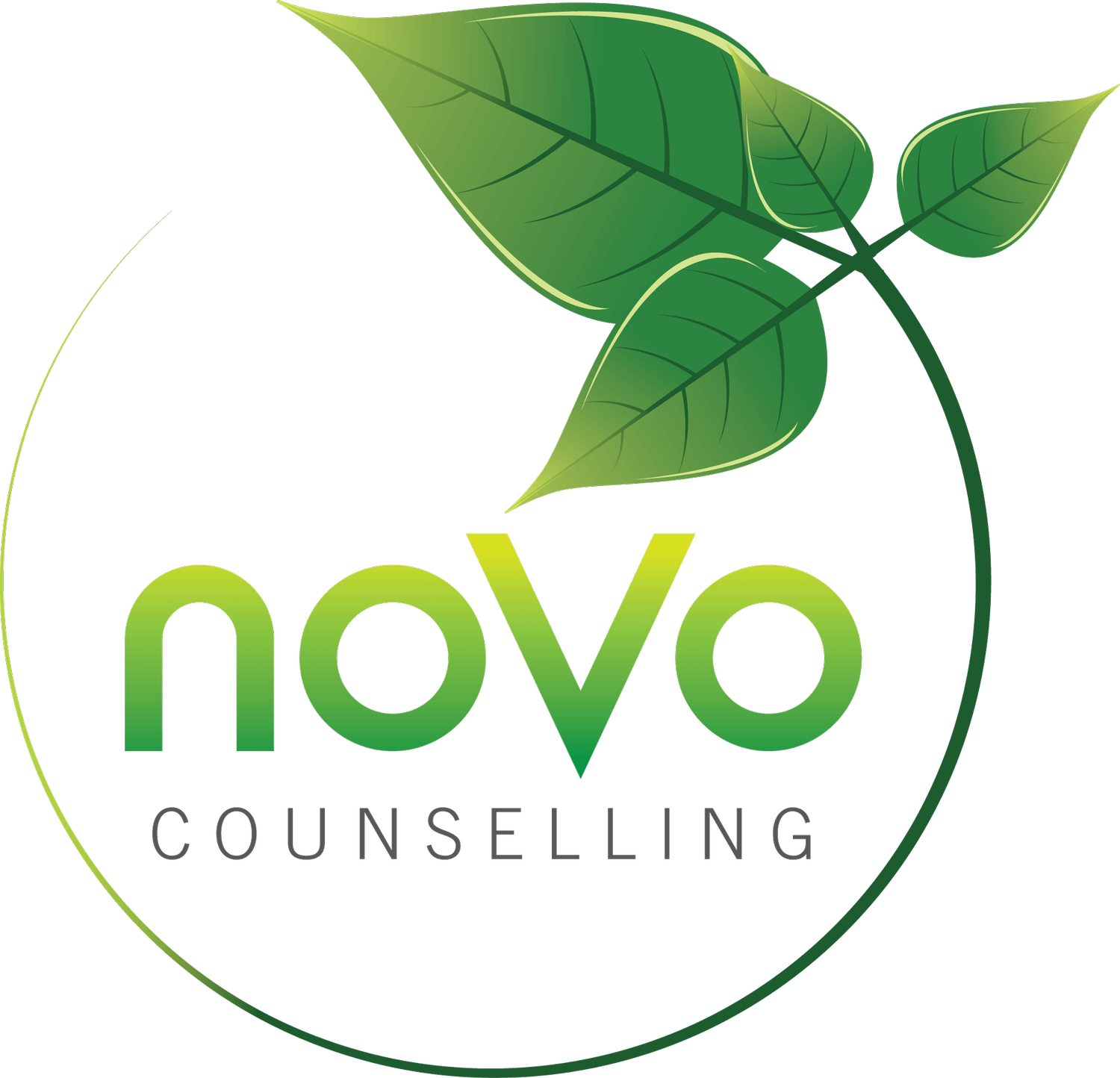The Father Wound: Understanding Its Impact
We've previously discussed the importance of our early years and the impact they have on our growth and development from childhood through to adulthood. Earlier we acknowledged the Mother Wound and how it shows up in our lives. Now, we'll turn our attention to the Father Wound and look at how this can impact us too.
The term "Father Wound" refers to the emotional pain caused by an absent, abusive, neglectful, or emotionally unavailable father. This concept, often discussed by holistic psychologist Dr. Nicole LePera, highlights how the relationship we have with our father impacts many aspects of our lives, especially how we see ourselves and go about doing relationships with others.
What is the Father Wound?
The Father Wound can appear in families where a father is physically absent or emotionally unavailable. There are many reasons, including work commitments and family separation, as to why fathers may not be involved in their child’s life so much. Even if they are physically present, some fathers may be emotionally distant, critical, or unable to offer the love and support their child needs. This emotional disconnection can inevitably leave children feeling rejected, unloved, or unworthy.
Children who grow up without a nurturing father figure often develop deep-rooted feelings of insecurity, self-doubt, and low self-worth. These feelings, if left unresolved, have a tendency to carry into adulthood, impacting personal relationships, self-esteem, and even career success.
How Does the Father Wound Affect Us?
The effects of the Father Wound aren't always easy to see, but they show up in a variety of ways. Many people may struggle with:
Trust Issues: Difficulty trusting others, especially in romantic relationships. People with a Father Wound may find it hard to fully open up or feel safe with others, fearing rejection or abandonment.
Low Self-Esteem: A lack of positive reinforcement from a father can cause children to feel they are not "good enough." As adults, they may struggle with feelings of inadequacy or overcompensate by adopting perfectionistic qualities.
Seeking Validation: Individuals with a Father Wound may look for approval from others constantly, with a need to fill the void left by their father’s absence.
Difficulty with Authority Figures: Having a strained or unhealthy relationship with a father can lead to struggles with authority figures, such as bosses or teachers. Some may have a deep fear of authority, while others may rebel against it.
Healing the Father Wound
Healing from the Father Wound begins with self-awareness. It’s important to recognise how your father’s absence or emotional unavailability has shaped your beliefs, behaviours, and emotional responses. Dr. Nicole LePera suggests practices like inner child work, where you reflect on your childhood experiences to better understand your current, emotional needs as an adult.
One of the key steps to healing is to start building self-worth from the inside out. This means learning to give yourself the love, validation, and support you may not have received from your father. Surrounding yourself with people who uplift and encourage you, and focus on creating healthy boundaries in your relationships are also key steps in facilitating healing.
Therapy can also be a powerful tool in healing the Father Wound. It provides a safe space to explore those deep-seated emotions, while offering strategies to overcome patterns that no longer serve you.
Final Thoughts
It's important to understand that the concept of the Father Wound is not about blaming or resenting our fathers. It’s about recognising how our early experiences shape who we are today and taking steps to heal the parts of us that are still deeply impacted and hurt. Healing this wound is not easy, but it’s an essential step toward creating healthier relationships and a more fulfilling life. By facing these unresolved, often difficult emotions, we can start to break free from the patterns of the past and build a future based on a greater sense of worth, value, love and trust.
With you on this journey toward healing ♡





